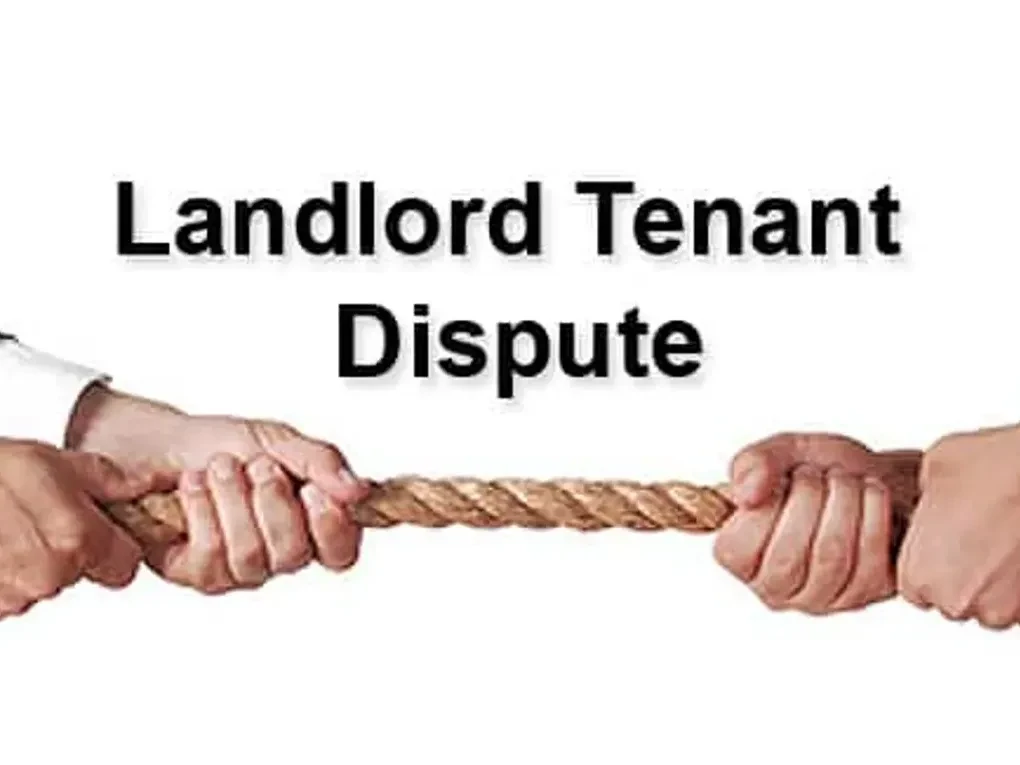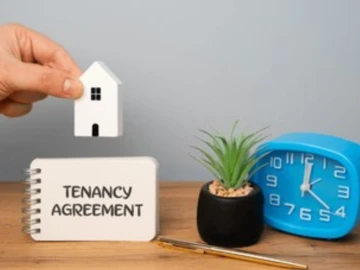The landlord-tenant relationship is a cornerstone of Zimbabwe’s rental market, but disputes between the two parties are not uncommon. Issues such as unpaid rent, maintenance disagreements, and deposit disputes can escalate into legal battles if not managed properly. Understanding these common conflicts and implementing preventive measures can foster a harmonious rental experience for both landlords and tenants.
Here are the most common landlord-tenant disputes in Zimbabwe and how to prevent them:
1. Late or Unpaid Rent
One of the most frequent issues landlords face is tenants failing to pay rent on time or at all. This can cause significant financial strain, especially for landlords who rely on rental income to cover property expenses.
How to Avoid It:
- Tenant Screening: Conduct thorough background checks, including credit history and employment verification, to ensure tenants can afford the rent.
- Clear Payment Terms: Include detailed rent payment terms in the lease agreement, such as due dates, late payment penalties, and consequences for non-payment.
- Prompt Action: Address late payments immediately by issuing reminders or formal notices. If necessary, follow legal procedures to recover unpaid rent.
2. Maintenance and Repair Responsibilities
Disputes often arise over who is responsible for maintenance and repairs. Tenants expect a well-maintained property, while landlords may be reluctant to cover costs beyond essential repairs.
How to Avoid It:
- Define Responsibilities: Clearly outline maintenance duties in the lease agreement. For example, tenants may handle minor repairs, while landlords cover major structural issues.
- Regular Inspections: Conduct periodic property inspections to identify and address maintenance issues early.
- Prompt Response: Address repair requests quickly to prevent tenant frustration and further damage to the property.
3. Security Deposit Disputes
Disagreements over security deposits are common, particularly when landlords deduct money for damages or unpaid rent.
How to Avoid It:
- Joint Inspections: Conduct a thorough inspection of the property with the tenant at the start and end of the lease. Document the property’s condition with photos or videos.
- Transparent Deductions: Provide an itemized breakdown of any deductions from the deposit, along with receipts for repairs or cleaning.
- Timely Refunds: Return the deposit within the legally required timeframe (usually 14 days in Zimbabwe) if no damages are found.
4. Early Lease Termination
Tenants may need to terminate their lease early due to unforeseen circumstances, leading to disputes over penalties or replacement tenants.
How to Avoid It:
- Clear Terms: Specify the notice period and any penalties for early termination in the lease agreement.
- Flexible Solutions: Work with tenants to find a replacement tenant, minimizing financial loss for both parties.
- Legal Compliance: Ensure the lease agreement complies with Zimbabwe’s rental laws, which may allow tenants to terminate with proper notice.
5. Illegal Evictions
Evictions are a sensitive issue in Zimbabwe, governed by strict legal procedures. Attempting to evict a tenant without following due process can result in legal consequences for landlords.
How to Avoid It:
- Follow the Law: Adhere to Zimbabwe’s eviction laws, which require a court order before removing a tenant.
- Formal Notices: Issue a formal letter of demand and seek legal advice if eviction becomes necessary.
- Avoid Self-Help: Never resort to illegal measures like changing locks or disconnecting utilities, as this can lead to fines or imprisonment.
Why a Watertight Lease Agreement is Essential
A well-drafted lease agreement is the foundation of a successful landlord-tenant relationship. It serves several critical purposes:
- Clarifies Expectations: Outlines the rights and responsibilities of both parties.
- Protects the Property: Sets guidelines for maintenance and repairs.
- Resolves Disputes: Provides a framework for addressing conflicts.
- Safeguards Finances: Specifies rent payment terms, late fees, and deposit refunds.
Moyo advises landlords to seek legal assistance when drafting lease agreements.A legally sound lease agreement tailored to your specific circumstances can save you from costly disputes down the line.
Tips for Landlords and Tenants
1. Open Communication: Maintain clear and respectful communication to address issues before they escalate.
2. Document Everything: Keep records of all communications, inspections, and repairs.
3. Know Your Rights: Both landlords and tenants should familiarize themselves with Zimbabwe’s rental laws to ensure compliance.
4. Seek Mediation: If disputes arise, consider mediation through the Rental Board or a legal expert before pursuing litigation.
The Role of the Rental Housing Tribunal
In Zimbabwe, the Rental Board is a valuable resource for resolving disputes between landlords and tenants. Common issues they address include:
- Non-payment of rent
- Unlawful evictions
- Maintenance and repair disputes
- Security deposit refunds
- Privacy violations
Final Thoughts
A successful landlord-tenant relationship is built on mutual respect, clear communication, and a solid lease agreement.By taking proactive steps to prevent disputes, landlords can protect their investments, and tenants can enjoy a secure and comfortable living environment.
For landlords, seeking legal advice from experienced professionals, such as Rental Board , can ensure compliance with Zimbabwe’s rental laws and help draft watertight lease agreements.
By addressing common issues and fostering a collaborative approach, both landlords and tenants can navigate Zimbabwe’s rental market with confidence and peace of mind.
 Continue with Facebook
Continue with Facebook
 Continue with Email
Continue with Email














